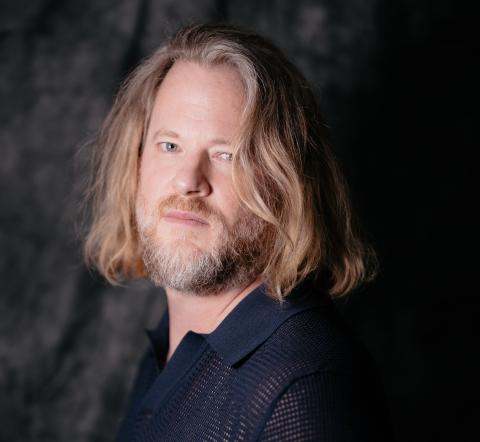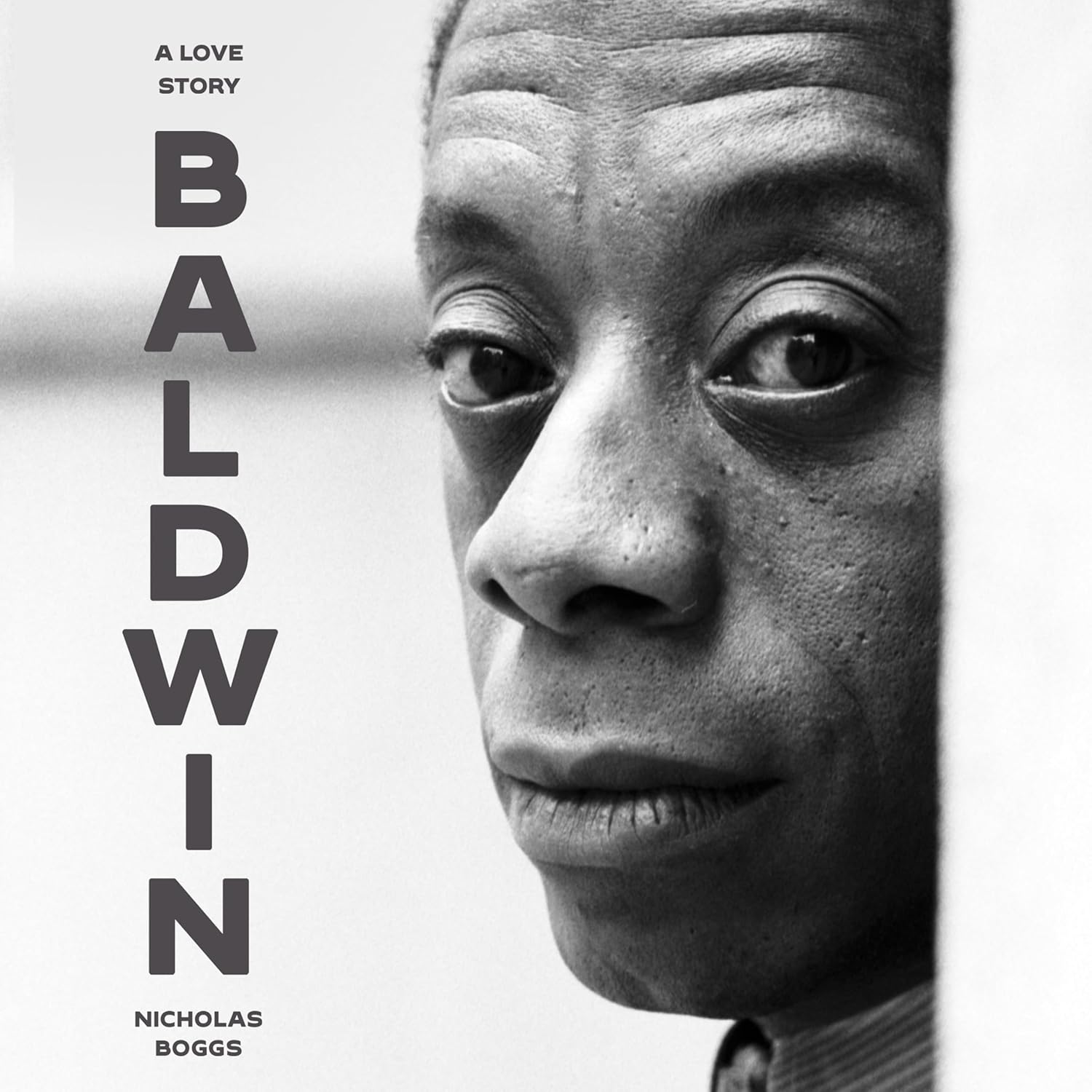
The project:
Drawing on extensive archival material newly brought to light by the author, James Baldwin: A Love Story tells the overlapping stories of Baldwin’s most sustaining intimate and artistic relationships: with his mentor, Black American painter Beauford Delaney; his lover and muse, Swiss painter Lucien Happersberger; and his collaborators, famed Turkish actor Engin Cezzar and iconoclastic French artist Yoran Cazac. For the first time, this biography shows how Baldwin drew on complex structures within these relationships—geographical, cultural, political, aesthetic, and erotic—and alchemized them into art that spoke truth to power and had an indelible impact on the civil rights movement and Black and queer literary history.
From James Baldwin:
The unexpected arrival of Lucien Happersberger in Paris in September—"au bout des nerfs,” as Baldwin wrote to Mary Painter in a detailed letter that moves gracefully, even seamlessly, from a lengthy reflection on their relationship to its impact on his writing—only added to Baldwin’s continued personal confusion.
The two weeks spent with Lucien in Paris were their own “great strain,” primarily because the visit included “three or four days of drinking with him, and dealing with him at his outrageous, sorrowful, blind, loud-talking, moving, and exasperating worst. Now it’s I who am au bout des nerfs.” Even when Baldwin was able to get Lucien out of Paris and back to Clamart, the mayhem continued unabated. “I cleaned up the house,” Baldwin’s account continued, “sent Lucien to the store, and laid down, congratulating myself on the imminent orgy of work and quiet.” But it was only “an hour or so later, moved by some not too obscure premonition,” that Baldwin made his way to the corner tabac where he found Lucien with “six people, all strangers, all younger than I, and none very attractive, with whom he had been drinking since he left the house, and whom he had just invited to dinner.” Recalling the many arguments he’d had in public with his ex-lover Arnold, Baldwin had done his best to keep his cool and agreed to have them over. Predictably, this did not go well: “So—there we were, they were all horrible, and I threw them all out. Or, rather, got them all to the bus station on the corner, where the youngest boy promptly took off all his clothes, and declared himself in love with me.”
All of this was a massive distraction. “I know that I haven’t begun to work yet,” Baldwin wrote, explaining the fallout from Lucien’s antics. “Now, in the years that are left, I’ve got to prove that I’m a writer. I’ve got to become the writer I know I am. And—can I do it? I even ask myself, sometimes, ‘Is it worth it? What’s it for? Who cares?’” He was referring, of course, to Another Country, a manuscript so long in progress but with no real end in sight and on which he was pinning his reputation and his future as a novelist. “And it seems to me,” he lamented, using precisely the kinds of terms some critics would level at the novel when it was finally published in 1962, “that my style is becoming more erratic, unmanageable, and clumsily loaded than ever—what wouldn’t I give to be able to write a straight, straightforward, declarative sentence, free of qualifications, flourishes, and asides!—like Tolstoi, or Dostoyevsky, or, even, Dickens.”
The grant jury: There can never be enough written on James Baldwin, and this biography, with its brilliant original research, plot twists, and page-turning pace, may be the best yet. Dedicated and driven, Nicholas Boggs is clearly the expert on his subject. A spellbinding narrative that will magnify our understanding of one of the major literary figures of the twentieth century, whose contributions only continue to grow in influence.
Nicholas Boggs is a writer and researcher who recovered and co-edited a new edition of James Baldwin's out-of-print collaboration with French artist Yoran Cazac, Little Man, Little Man: A Story of Childhood. His work has been supported by fellowships from the Leon Levy Center for Biography, the National Endowment for the Humanities, the Beinecke Library and Gilder Lehrman Center at Yale, the Scholars-in-Residence Program at the Schomburg, as well as residencies at Yaddo and MacDowell. He lives in Brooklyn.
Selected Works
